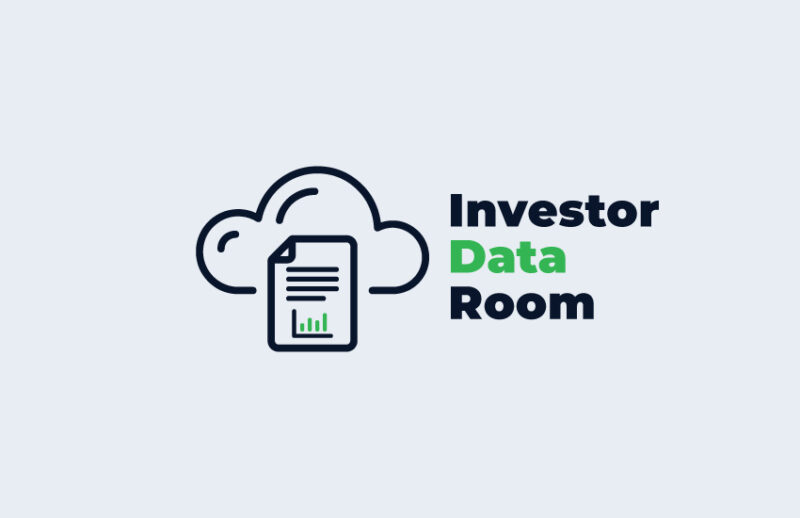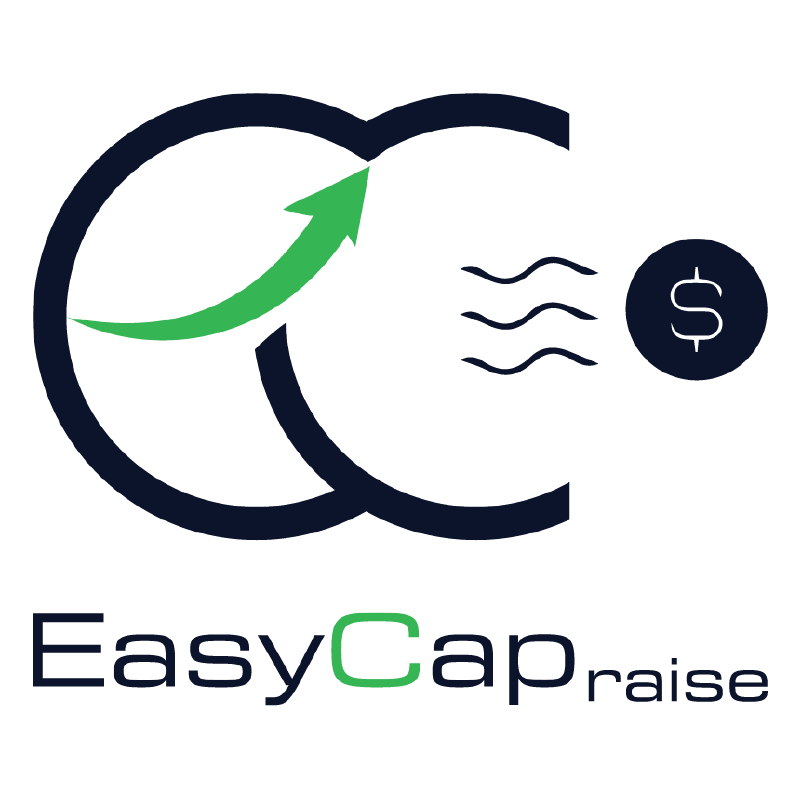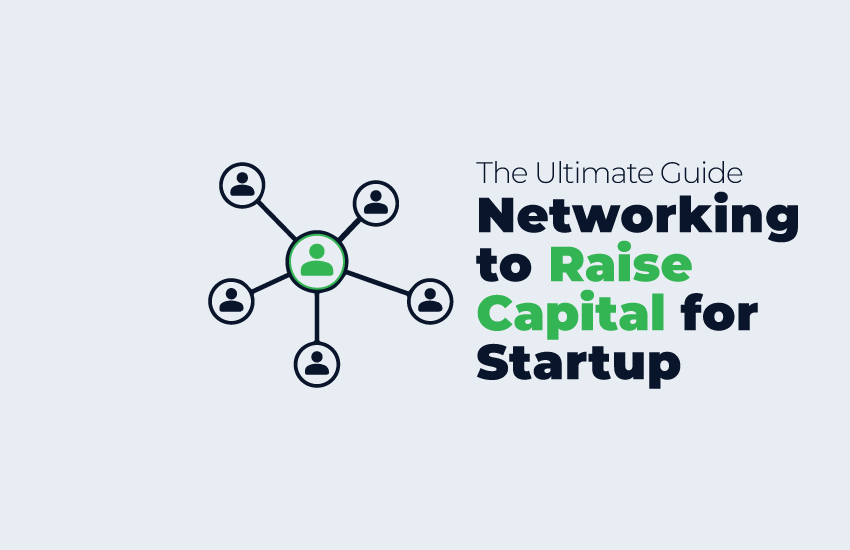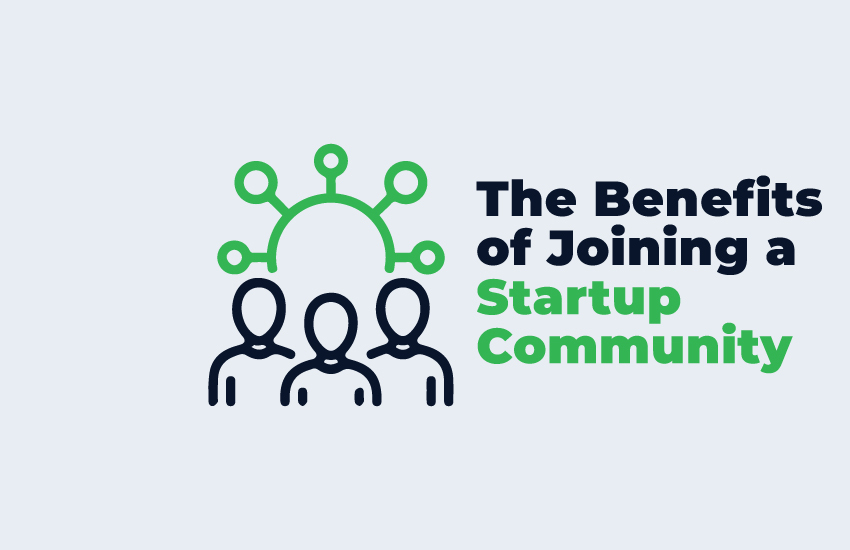Investor data room: A Secret Ingredient to Fundraising no Startup Founder Reveals

The Key to Effortless Fundraising: Understanding the investor data room
Raising funds for a startup is a complex process that involves sharing a large amount of information and documents with potential investors. This sharing process needs the right tools to be effective, efficient, and secure. But with so many documents and so much information to share, it can be overwhelming to determine which documents are the most important to include.
That’s where an investor data room comes in as a hero. A data room for investors is a secure and organized platform that provides a centralized location for startups to share their information and documents with potential investors. It offers a number of benefits, including improved communication and transparency, a streamlined due diligence process, and a more professional and organized presentation of the company.
In this guide, we will explain what a data room is, discuss the benefits of having an investor data room, and introduce the key components of a perfect data room.
data rooms: A Beginner’s Guide to What They Are and Why They Matter
An investor data room, also known as a virtual data room (VDR), is a secure online platform that allows startups to share important information with potential investors. It is a central repository for all the relevant information that investors need to evaluate a startup’s business and investment opportunity.
In an investor data room, information is shared through a centralized and secure platform. This platform provides a safe and organized way for startups to share sensitive information and documents with potential investors. All information and documents in the data room are protected by secure login credentials and state-of-the-art encryption technology. This ensures that only authorized users have access to the information and that it remains confidential and secure. The investor data room also offers advanced features, such as document tracking and version control, which allow startups to keep track of who has accessed the information and when, and to ensure that everyone is working with the most up-to-date information. These security measures provide peace of mind for both the startups and investors, allowing them to focus on the fundraising process without worrying about the safety of their information.
A data room typically contains the following types of information:
- Financial statements: This includes balance sheets, income statements, and cash flow statements. These documents provide investors with an overview of the startup’s financial health and performance.
- Business plans: A business plan is a document that describes the startup’s products, services, target market, and financial projections. It provides investors with an understanding of the startup’s business model and growth potential.
- Legal documents: This includes incorporation documents, patents, trademarks, and any other legal documents that pertain to the startup’s business.
- Other important information: This includes management bios, market research, industry reports, and any other relevant information that investors may need to make an informed decision.
It’s important to note that the data room should be kept up to date with the latest information, so that investors have access to the most recent and accurate information when they need it.
Investor data rooms are often used during the fundraising process, but they can also be used during mergers, acquisitions, and other transactions that involve the exchange of sensitive information. They are designed to be secure and easy to use, and they provide a controlled environment for the sharing of confidential information.
The Power of the Investor Data Room: How it Can Elevate Your Fundraising Game
Founders often face numerous obstacles along the way of fundraising. One of the biggest challenges is effectively communicating the company’s Information to potential investors:
- Security concerns about the confidentiality of the shared documents
- Burden of sending emails and documents to each investor one by one
- Not knowing who to follow up with and when to follow up because of not being able to track whether an investor has checked the documents
In this section, we will explore the investor data rooms benefits and how it can help startups achieve their fundraising goals:
- Streamlining the Fundraising Process: “Say Goodbye to Spreadsheets and Hello to a Smoother Fundraising Experience.” A data room eliminates the need for manual and time-consuming processes, such as sending and tracking emails, dealing with version control issues, and dealing with multiple spreadsheets. The outcome is a smoother, more efficient, and more effective fundraising experience.
- Improving Communication with Investors: “The Key to Unlocking a Strong Investor-Founder Relationship.” An investor data room provides a secure and organized platform for sharing information and documents with potential investors, which can help to improve communication and build trust. This can be particularly useful for startups that are dealing with multiple investors helping to create a stronger and more transparent relationship between the startup and its investors.
- Enhancing Security and Confidentiality: “Protecting Your Information and Building Trust with Investors.” All information is protected by secure login credentials and state-of-the-art encryption technology, ensuring that only authorized users have access to the information. This enhances the security of sensitive information and documents and builds trust with potential investors.
- Reducing Time and Effort: “Effortless Fundraising: How an Investor Data Room Can Save You Time and Energy.” An investor data room reduces the time and effort required to manage and share information and documents with potential investors. It eliminates the need for manual and time-consuming processes, such as sending and tracking emails, dealing with version control issues, and dealing with multiple spreadsheets.
- Providing Real-Time Insights: “Keeping Your Fundraising on Track: The Power of Real-Time Data and Analytics.” An investor data room provides real-time insights into the fundraising process, allowing startups to keep track of who has accessed the information, when, and for how long. This information can be used to optimize the fundraising process and keep it on track.
Step-by-Step Guide to Crafting the Perfect Investor Data Room for Your Startup
Creating an effective investor data room is an important step for startups looking to raise funds. Here are some tips for creating an effective data room:
- Gather all the relevant information: Before creating the data room, gather all the relevant information that investors may need to evaluate the startup’s business and investment opportunity. This includes financial statements, business plans, legal documents, and any other information that investors may need to make an informed decision.
- Choose a secure and user-friendly platform: There are many different platforms available for creating an investor data room. Choose a secure data room that is and easy to use and that provides a controlled environment for the sharing of confidential information.
- Organize the information: Organize the information in a clear and easy-to-understand format. This will make it easier for investors to find what they’re looking for and to evaluate the startup’s business and investment opportunity.
- Provide access to the right investors: Share the data room with the right investors at the right time. It’s important to be selective and only share the data room with investors who are serious about investing and who have passed the initial screening process.
- Keep the data room up to date: Keep the data room up to date with the latest information. This will ensure that investors have access to the most recent and accurate information when they need it.
By following these tips, startups can create an effective investor data room that can help to improve communication and transparency with potential investors, streamline the due diligence process, and present the startup in a more professional and organized manner.
How we do it
At Easy Capraise, we help startups find the most suitable investors through warm intros and by preparing a top-notch pitch deck, financial model, and other documents. We also help them provide the best data room for investors.
In setting up the data room, we keep it simple. We know from experience that everything you present to the investors must be brief, simple, to the point, and easy to grasp in seconds.
We divide the required documents for the data room into three general categories:
- Documents we can help you prepare
- Document you need to bring from inside the company
- Documents you need to prepare with a help of a legal advisor
The third one is for the last phases of the fundraising process. Here is the essential investor data room checklist:
- Pitch deck
- Teaser
- Financial model
- Cap table
- Market analysis
- Sales and marketing material (sales process, sales pipeline, sales funnel, conversion, marketing metrics)
- Product roadmap
- Branding guideline
Preparing an investor data room can be a complex and time-consuming task. From gathering and organizing essential documents, to ensuring their security and accessibility, the process can be overwhelming for startups. But don’t let that hold you back from reaching your fundraising goals. Our team at Easy Capraise is here to help, with the expertise and resources necessary to simplify the process and provide you with a comprehensive, secure, and user-friendly data room. Contact us today to learn how we can help make your fundraising journey a success.
Conclusion
Investor data rooms are an essential tool for startups looking to raise funds. They can provide a number of benefits, including improved communication and transparency with potential investors, a streamlined due diligence process, and a more professional and organized presentation of the company.
Creating an effective data room is an important step for startups, and requires gathering all the relevant information, choosing a secure and user-friendly platform, organizing the information in a clear and easy-to-understand format, providing access to the right investors, and keeping the data room up to date with the latest information.
If you are a startup looking to raise funds, and need help with creating an effective investor data room, you can contact me for further information and services.
In short, an investor data room is a potent resource that can greatly assist startups throughout the fundraising process. By following an investor data room checklist, it can enhance efficiency, bolster security, and lend a professional edge to the proceedings. With my guidance, startups can harness the full potential of this impactful tool, thereby elevating their prospects of achieving success in their fundraising endeavors.
FAQ About Investor data room:
Aren’t data rooms used for M&A deals?
Data room is being used for various purposes these days. M&A requires the use of data rooms. Corporate development teams, investment bankers, private equity professionals, and legal teams all use the M&A data room. An initial public offering (IPO) requires both transparency and confidentiality. A data room is therefore essential.
Data rooms can also be used for corporate audits, as they provide a single, secure repository for all documents that auditors, accountants, lawyers, and regulators need to review. Data rooms can also be used to centralize important information for joint business activities. Data rooms can also be used to store and share files across your company.
When fundraising for startups, since it’s important to keep the documents safe and confidential, and we need to track the viewing activities of the investors, using a data room seems essential.
Do I need to give access to my startup’s data room to every investor I approach?
Typically, you first send out your teaser and get a meeting. Then, you present your pitch deck during the meeting, and if the investor shows interest, you share your data room. Therefore, you only share your data room with the interested investors.
What should I put in the data room if I’m at a pre-launch stage?
In that case, a data room is not a must for you. However, you can include documents like your pitch deck, financial model, teaser, business plan, and product roadmap if you like.
When should I have my data room prepared?
If possible, prepare the data room before officially starting the fundraising. Setting up a data room allows you to prepare for pitching to investors. Perhaps you can use the deck data to understand the numbers better.
Having a data room in advance also allows us to continue the fundraising process. We will likely add more as investors ask questions, so consider it a work in progress.
Can I set up my own data room without help?
Sure. You can follow the steps outlined in the article and build the data room yourself. It can be summarized in the following two tasks:
- Choose a data room service provider
- Prepare the required documents and upload
Contact us
Good to have you here! If you have any queries, please leave your message. Our team will reach out soon:)
.




